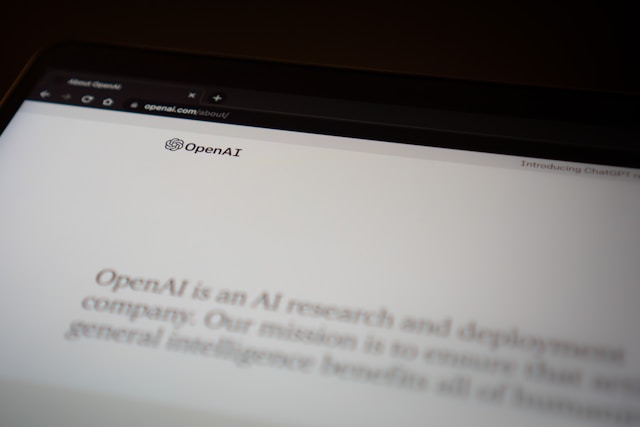OpenAI, the renowned artificial intelligence research organization, has made significant changes to its leadership team. Today, OpenAI announced the reinstatement of Sam Altman as CEO and the appointment of three new board members.
These developments come several months after Altman lost his seat on the board and was replaced as CEO.
Joining Altman on the board are Sue Desmond-Hellmann, former CEO of the Bill and Melinda Gates Foundation; Nicole Seligman, former president of Sony Entertainment; and Fidji Simo, CEO of Instacart. With these additions, OpenAI’s board now consists of eight members.
The existing members of the transitionary board will continue to serve alongside the new appointees.
The decision to expand the board and reintroduce Altman follows criticism regarding the lack of diversity and the nomination of Larry Summers, who has made controversial remarks about women.
In response, OpenAI has made efforts to diversify its board, not only in terms of gender but also in terms of professional backgrounds.
Sue Desmond-Hellmann brings a wealth of experience to the board, having previously served as the chancellor of the University of California, San Francisco, and president of product development at Genentech. She is a board-certified oncologist with expertise in internal medicine and medical oncology.
Nicole Seligman, an attorney and corporate director, gained national attention for her representation of Lieutenant Colonel Oliver North during the Iran-Contra hearings and President Bill Clinton during his impeachment trial. She has held various leadership positions at Sony Corporation and Sony Corporation of America.
Fidji Simo, before becoming CEO of Instacart, led the Facebook app at Meta and oversaw Meta’s video, games, and monetization efforts. She is also the president of The Metrodora Foundation, a health clinic and research institute.
OpenAI expressed confidence in the new board members, highlighting their experience in leading global organizations and navigating complex regulatory environments. They will work closely with the existing board members and OpenAI’s senior management to further the organization’s mission.
The board’s expansion and Altman’s reinstatement were the result of an investigation conducted by the law firm WilmerHale. The investigation concluded that Altman’s removal was due to a breakdown in trust and the relationship between Altman and the prior board, rather than concerns about product safety or security.
The firm conducted numerous interviews and reviewed thousands of documents to reach this conclusion.
Despite the unanimous decision to reinstate Altman, there have been reports of his manipulative behavior. The New York Times reported that Altman would charm people and tell them what they wanted to hear, but would undermine their credibility when they challenged him. These reports have raised concerns about his leadership style within OpenAI.
In addition to the board appointments, OpenAI has announced the adoption of new corporate governance guidelines. These include strengthening the conflict of interest policy, establishing a whistleblower hotline for anonymous reporting, and creating additional board committees focused on mission and strategy.
OpenAI’s commitment to addressing concerns, diversifying its leadership, and implementing stronger governance practices demonstrates its dedication to responsible AI development. Altman’s reinstatement and the appointment of new board members mark a new chapter for OpenAI as it continues to steward transformative technologies for the global good.




